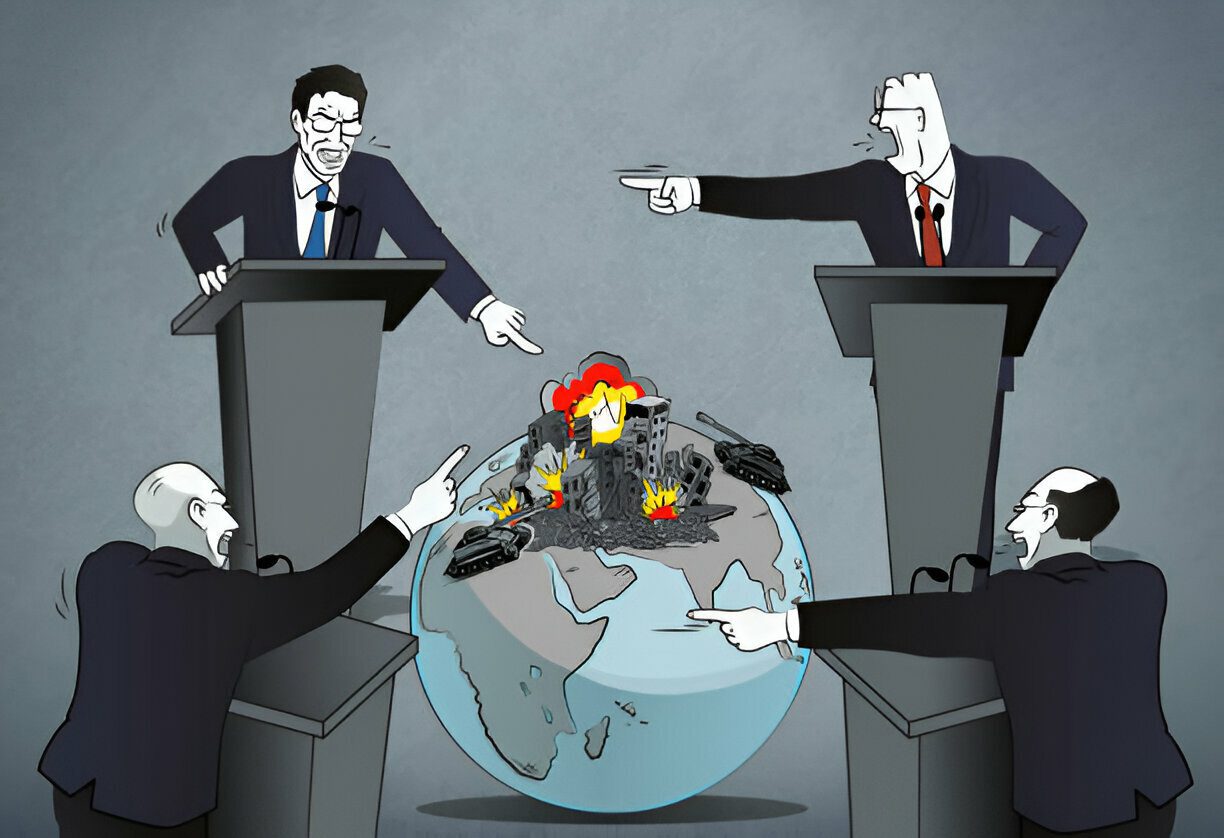Documents obtained by Haaretz have revealed that the Israel Defense Forces (IDF) authorized strikes on its own soldiers – and possibly civilians – to prevent their capture by Hamas militants and their transportation to Gaza.
The initial allegations were made months ago by journalist Max Blumenthal, but they were immediately denied by West Jerusalem. However, these claims have resurfaced following further reporting by the Israeli outlet.
Implementation of the Hannibal Directive
On the morning of October 7, as Hamas militants attacked military bases and settlements across southern Israel, the IDF’s Gaza Division and Southern Command issued the directive “Hannibal at Erez” to a nearby outpost. This was followed by an order to “dispatch a Zik,” as reported by Haaretz on Sunday.
The “Hannibal Directive” is a covert Israeli policy that allows soldiers to kill their comrades to prevent their capture. A Zik is an attack drone capable of launching guided missiles at targets.
According to Haaretz, the Hannibal Directive was given several times at Erez and at two other locations: the Re’im army base, where the Gaza Division is headquartered, and an outpost near the Nahal Oz Kibbutz, from which about two dozen soldiers and civilians were abducted.
Orders and Actions on October 7
By noon, the Gaza Division received an order from Southern Command stating that “not a single vehicle can return to Gaza,” a source within the command told Haaretz.
“Everyone knew by then that such vehicles could be carrying kidnapped civilians or soldiers,” the source said. “There was no case in which a vehicle carrying kidnapped people was knowingly attacked, but you couldn’t really know if there were any such people in a vehicle. I can’t say there was a clear instruction, but everyone knew what it meant to not let any vehicles return to Gaza.”
In addition to targeting all Gaza-bound vehicles, the IDF began bombarding the border area with mortar fire. “The instruction was meant to turn the area around the border fence into a killing zone, closing it off toward the west,” said Haaretz’s source.
Casualties and Investigations
More than 1,100 Israelis were killed on October 7, and approximately 250 were taken to Gaza as hostages. It remains unclear if any of the casualties were caused by Israeli fire due to these directives.
One incident under media scrutiny involved 13 hostages killed when an Israeli tank fired on a house at Kibbutz Be’eri, where they were being held by Hamas gunmen. The IDF is investigating the incident, and a final report will determine whether the Hannibal procedure was employed by the commander responsible.
Origins of the Hannibal Directive
The Hannibal Directive was developed by Israeli commanders after three IDF soldiers were kidnapped by Lebanese Hezbollah militants in 1986, according to Haaretz reporter Sara Leibovich-Dar. While the IDF has never fully disclosed the directive’s details, reports suggest it has been revised several times and communicated to troops as both a formal set of rules for using force against kidnappers’ vehicles and an unofficial policy that “a dead soldier is preferable to a captured one.”
The directive’s name is believed to be inspired by the Carthaginian general Hannibal, who committed suicide to avoid capture by the Romans around 180 BC.
These revelations and ongoing investigations have prompted significant debate and scrutiny within Israel and the international community, raising critical questions about military ethics and the value of human life in conflict situations.

















